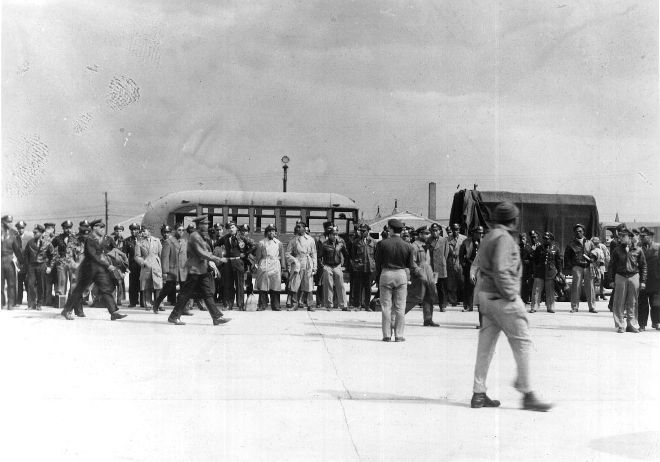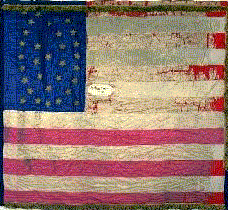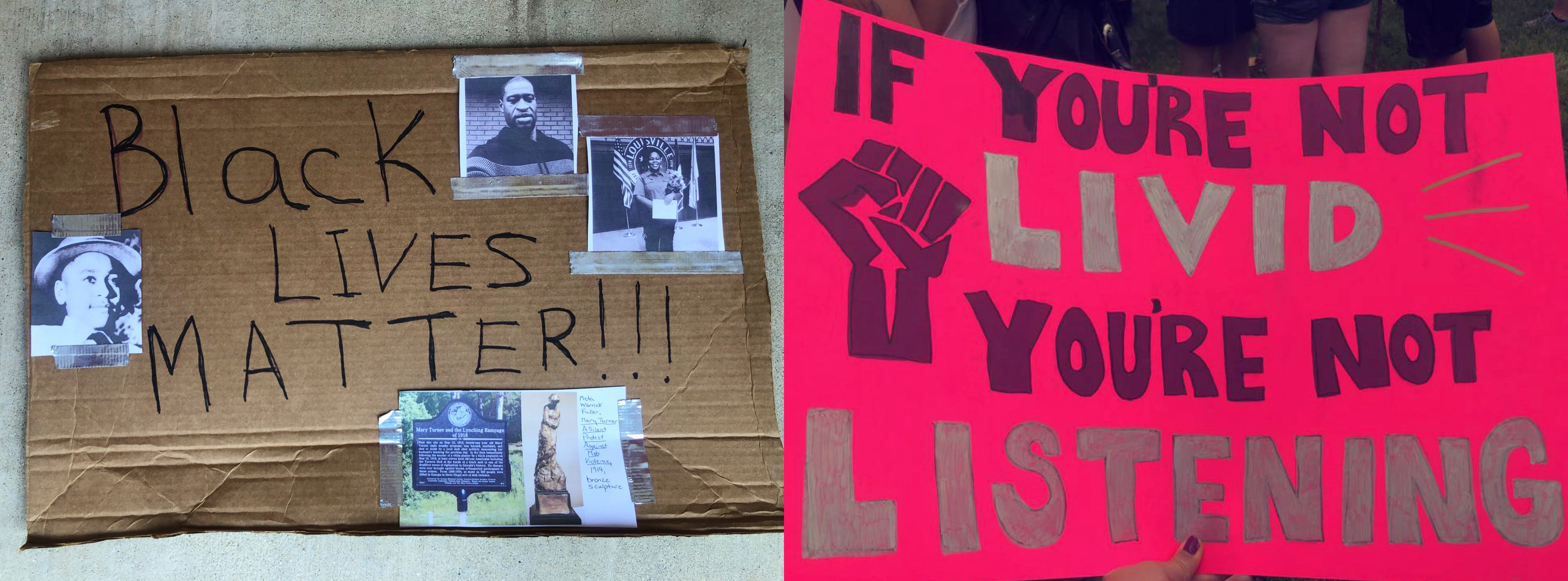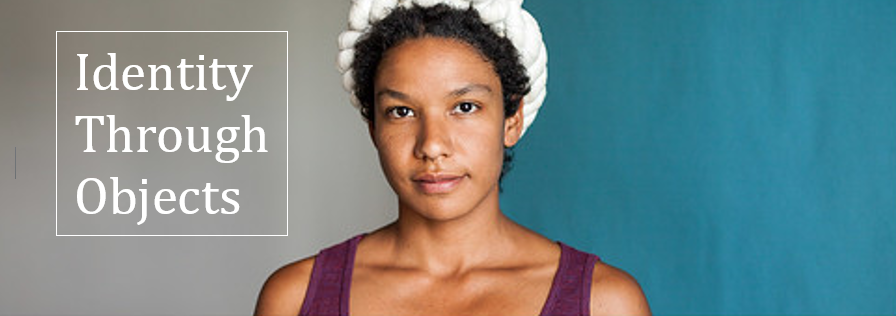In 1961, Malcolm X asked a young Black sit-in student, “if you are a citizen, why do you have to fight for your civil rights? If you’re fighting for your civil rights, that means you’re not a citizen.” Malcolm X’s use of the verb “to fight” immediately calls into question any assumed easy relationship between “service” (whether civic, social, or military) and citizenship for Black people in the United States. Despite Black citizenship being enshrined in the 14th Amendment to the US Constitution, the African American quest for full citizenship remains unfulfilled, as current events remind us daily. Malcolm X’s provocation underscores the complexities of Black military service in the US, past and present. How might his words illuminate more specific regional experiences of Black military service in Indiana, a state with very specific and notorious histories of anti-Black racism, exclusion, violence, and oppression?
Fighting for Citizenship: Indiana’s Black Military Histories
Led by Dr. Michelle Moyd

By focusing on histories of Black soldiers in Indiana in the 19th and 20th centuries, this project explores US histories of race, racism, and white supremacy through the lenses of service, citizenship, and belonging as embodied in Black soldiers’ lives. Because Black troops have frequently fought in US wars overseas, this project also connects Indiana histories of military service and racisms to global histories of imperialism, war, white supremacy, and Black freedom struggles.

This project surfaces the hidden histories of Black soldiers in and from Indiana to meet three goals: 1) highlight artifacts, documents, photographs, and other materials to offer glimpses of Black military service in Indiana, 2) illuminate how Black soldiers from Indiana participated in US imperial wars, including those waged against Native and Indigenous peoples and overseas during the Spanish-American War, and 3) understand how military service in the 20th century created or foreclosed new opportunities for Black Hoosiers.
The outcome of this project will be a curated digital collection of primary and secondary historical materials on African American military service in Indiana. With the goal of supporting a “communicative transformation” in how scholarly research is shared, the aim of this curated digital repository and research portal is to make a variety of sources available to different audiences. By incorporating explanatory texts, maps, audio, and other supporting materials to make the material accessible, underrepresented histories will become more visible to a variety of publics, engaged communities, researchers, and teachers.
Protest Sign Digital Archive

Living through Historical Moments: An Archive of Summer 2020 Protest Signs
The Center for Research on Race and Ethnicity in Society (CRRES) at Indiana University is creating a digital archive of signs and other objects (masks, flags, t-shirts, speeches written on paper) from the Spring/Summer 2020 protests against police violence and systemic racism, and in support of Black lives. This archive will document the protest signs and other objects used and displayed during historic protests in Bloomington, IN and beyond.
If you have a protest sign or photos of your sign, please share them with us! We'd love to include your photos in the archive, which will help us document this important period in our collective history.
A History Harvest
Race, Ethnicity, and the Midwest through Objects

Race and ethnicity inflect much of our political and social discourse, affecting daily interactions at workplaces, universities and other institutions. Yet there is often a major disconnect between scholars who conduct research and teach courses on race and ethnicity for a living, and wider public understandings of these subjects. What can be done to bring scholars of race and ethnicity into communication with these wider publics productively? And how can such work be done ethically and responsibly to include marginalized communities while at the same time providing resources for communities that need them for educational or outreach purposes? How can scholars convince more people to think about the complexities of race and ethnicity as a way of also helping more people develop vocabularies and concepts they can use in their everyday lives?
It is easy to ask these questions, but much more difficult to identify and implement the methods and tools to address them in the sensitive and ethical ways they demand. As a first step, CRRES will host its first History Harvest beginning in the 2019-2020 academic year. This project aims to engage IU and the Bloomington community on themes and questions related to race, ethnicity, identity, and belonging in Indiana.

The History Harvest is "an open, digital archive of historical artifacts gathered from communities across the United States." The History Harvest encourages university students and faculty to partner with local communities to "collect, preserve, and share" the histories that matter most to them. These methodologies help to break down perceived barriers between scholarly researchers and community members to allow for the construction of digital historical archives that are meaningful to, and usable by, communities involved in the project. At the same time, the items collected and preserved in the History Harvest become an archive for researchers to use in myriad ways.
Data Visualization of Migration Flows
Race, Ethnicity, and Migration in the Midwest
CRRES is currently developing a data visualization project, which will draw upon historical and contemporary census data to showcase the patterns of migration to and from the state of Indiana and the broader Midwest. This project will not only highlight the ethnic and racial diversity of Indiana in its past and present, but it will also bring attention to the 2020 Census and how immigrant and minority communities tend to be undercounted, which has broader implications for representation and access to public services and aid.
Center for Research on Race and Ethnicity in Society
Ballantine Hall Room 622
1020 E Kirkwood Ave, Bloomington, IN 47405
Phone: 812-855-8016
Email:
crres@iu.edu


